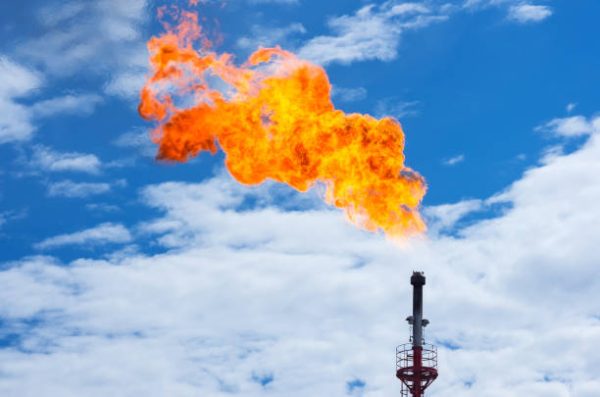A cutting-edge methane tracking system has proven its value in identifying major leaks, but global action to address these emissions is lagging, according to a new report by the UN Environment Programme (UNEP). Over the past two years, the Methane Alert and Response System (MARS) issued 1,200 notifications to governments and companies, yet only 15—just 1%—prompted action.
The findings, published in An Eye on Methane: Invisible but Not Unseen, underscore the urgency of addressing the emissions, which are over 80 times more potent than carbon dioxide (CO2) in driving near-term global warming. As the second-largest contributor to anthropogenic climate change, it must see a 40-45% reduction by 2030 to achieve the cost-effective pathways necessary for limiting warming to 1.5°C.
UNEP Executive Director Inger Andersen emphasized the critical role of MARS in tackling this challenge:
“To get global warming under control, methane emissions must come down—and fast. With tools like MARS, we can pinpoint leaks and implement simple fixes, such as tightening bolts. The tools are ready, the targets are set—it’s time for action.”
Success stories from Algeria and Nigeria
Despite slow response rates, MARS has delivered impactful results in certain cases. In Algeria, action on long-standing methane leaks prevented emissions equivalent to taking 500,000 cars off the road annually. Similarly, a six-month leak in Nigeria, which emitted methane equivalent to 400,000 cars’ annual emissions, was resolved within two weeks by replacing faulty equipment. These examples highlight the system’s potential for swift and significant impact when utilized.
Expanding industry commitments
The UNEP-backed Oil and Gas Methane Partnership 2.0 (OGMP 2.0) has gained traction, with 140 oil and gas companies—representing over 40% of global production—committing to credible methane measurement and reduction. In 2024, 55 companies achieved OGMP 2.0’s Gold Standard for emissions reporting, marking a critical step toward closing the measurement gap and enhancing accountability.
Broader initiatives and emerging tools
The report also highlights IMEO’s Eye on Methane platform, which delivers open, reliable data on the emissions to drive action. Additionally, the Steel Methane Programme is targeting emissions from metallurgical coal, a significant contributor to the steel industry’s climate footprint.
Kadri Simson, EU Energy Commissioner, noted the importance of transparency: “As the EU pushes for a 30% reduction in methane emissions by 2030, credible data is essential. UNEP’s IMEO provides the actionable insights needed to hold polluters accountable.”
Dr. Nkiruka Maduekwe, Director General of Nigeria’s Council on Climate Change, emphasized the dual benefits for Nigeria: “Addressing methane emissions aligns with our climate goals and fosters sustainable development. We are committed to using UNEP’s insights to achieve our reduction targets and fulfill our Global Methane Pledge commitments.”
Calls to action
The report calls on governments and industries to capitalize on available technologies to mitigate the emissions effectively. UNEP’s partnerships with organizations like Gavi and the Global Methane Hub aim to scale these efforts, turning pledges into measurable reductions.
Marcelo Mena, CEO of Global Methane Hub, reinforced this: “Reliable data drives accountability. Scaling efforts like those by UNEP’s IMEO are critical for achieving integrity and independent verification of emissions reductions.”
As atmospheric methane levels rise at record rates, the report stresses that immediate action is vital to avert worsening climate impacts. The tools and frameworks exist—what remains is the political will to respond to the data and accelerate mitigation efforts.


